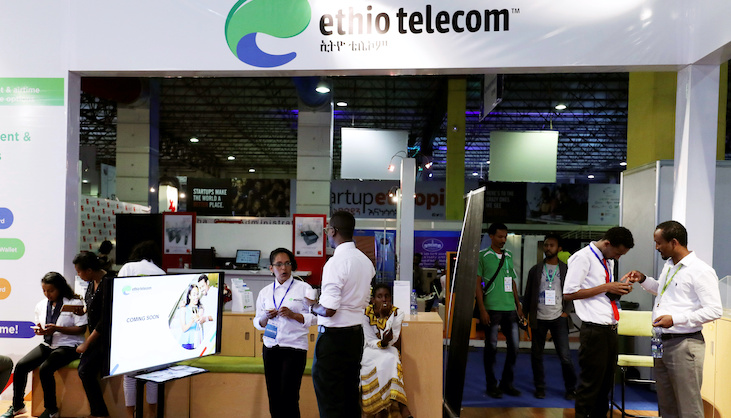Ethiopia will proceed with plans to sell a minority stake in state-run Ethio Telecoms within nine months and tendering for two new licenses will start on December 1 despite fears the war on Tigray would scare away potential investors.
Ethiopia considers the telecoms industry its crown jewel even as Prime Minister Abiy Ahmed seeks to energize inefficient state-run sectors of the economy with a raft of reforms.
The government says the opening of one of the world’s last major closed telecoms market will create millions of online job opportunities.
There are fears that the military offensive by the federal government in the northern state of Tigray might distract government officials and delay a long-awaited liberalization of the telecoms industry.
However, the government says that it does not expect a delay to the latest timetable “even by a single day”
But it has missed several deadlines in the past, the most recent one being April, for selling a stake in the state-owned telecoms company.
The delay was attributed to the fact that liberalising the industry had required complex new laws.
Balcha Reba, director-general of the Ethiopian Communications Authority, said the process would kick off soon.
“The authority does not expect any delays, and we expect the bid for two new licenses will be floated in a couple of weeks,” Balcha told Reuters.
Telecoms executives in the region remain skeptical the latest timetable would be met.
“It is kind of inevitable that things may well slow down,” said one executive on condition of anonymity, saying that senior government officials were likely to be in meetings on Tigray.
Kenya’s top telecom operator Safaricom in a consortium with Vodafone and Vodacom estimated last year it would have to pay about $1 billion for a new license.
The sale of two new licenses and a minority stake in Ethio Telecom had been set for early this year, but a combination of the Covid-19 pandemic, postponed national elections and a painstaking bureaucratic process have pushed the process back to February 2021.
Terms of the auction and the regulatory framework haven’t yet been formally communicated to bidders.
Safaricom, which would have a 51% share of the Vodacom consortium, said earlier this month it would submit an offer only after that happened.
“The potential remains, the question is really to what extent operators will be willing to acquiesce to the more onerous requirements of the state,” said Chiti Mbizule, a telecom analyst at Fitch Solutions.
“Political instability in the country also continues to pose a major risk not only to the pace of the reforms but also the attractiveness of the market.”

